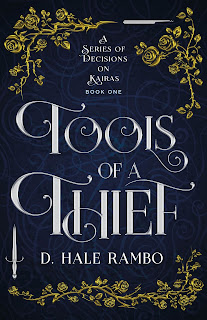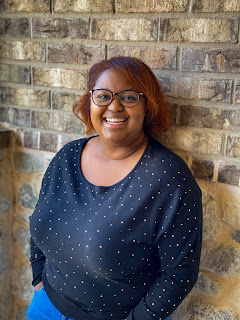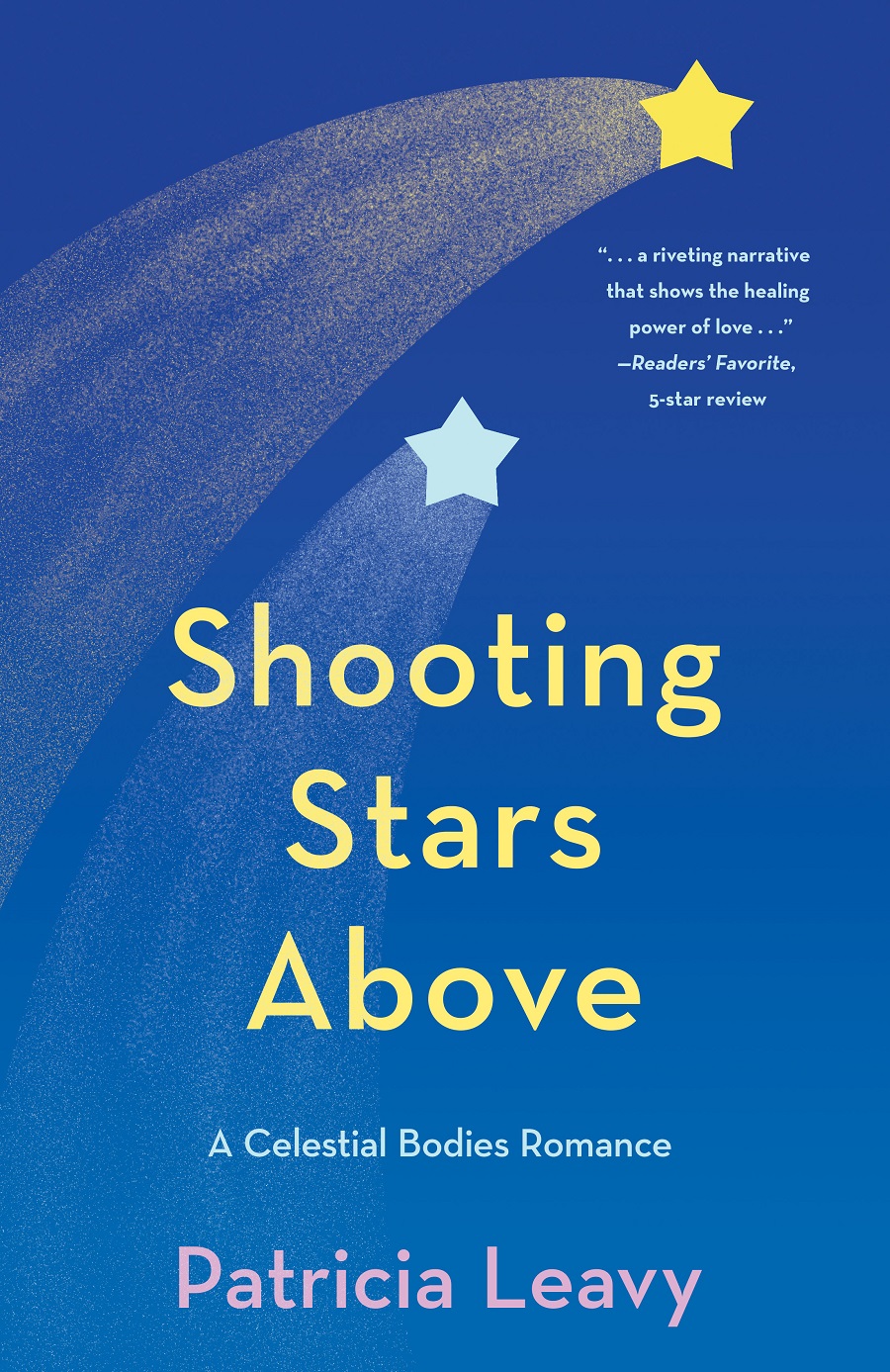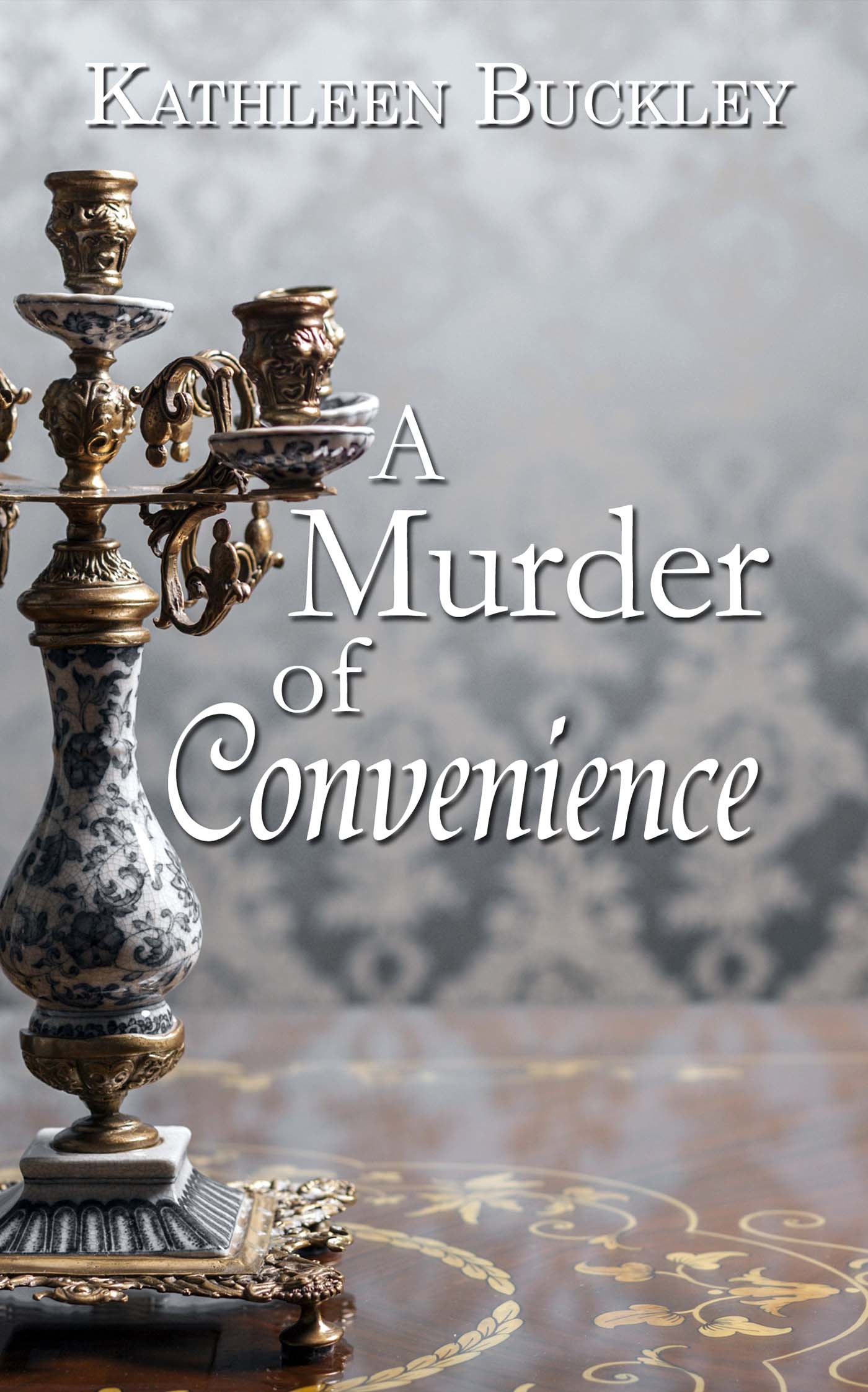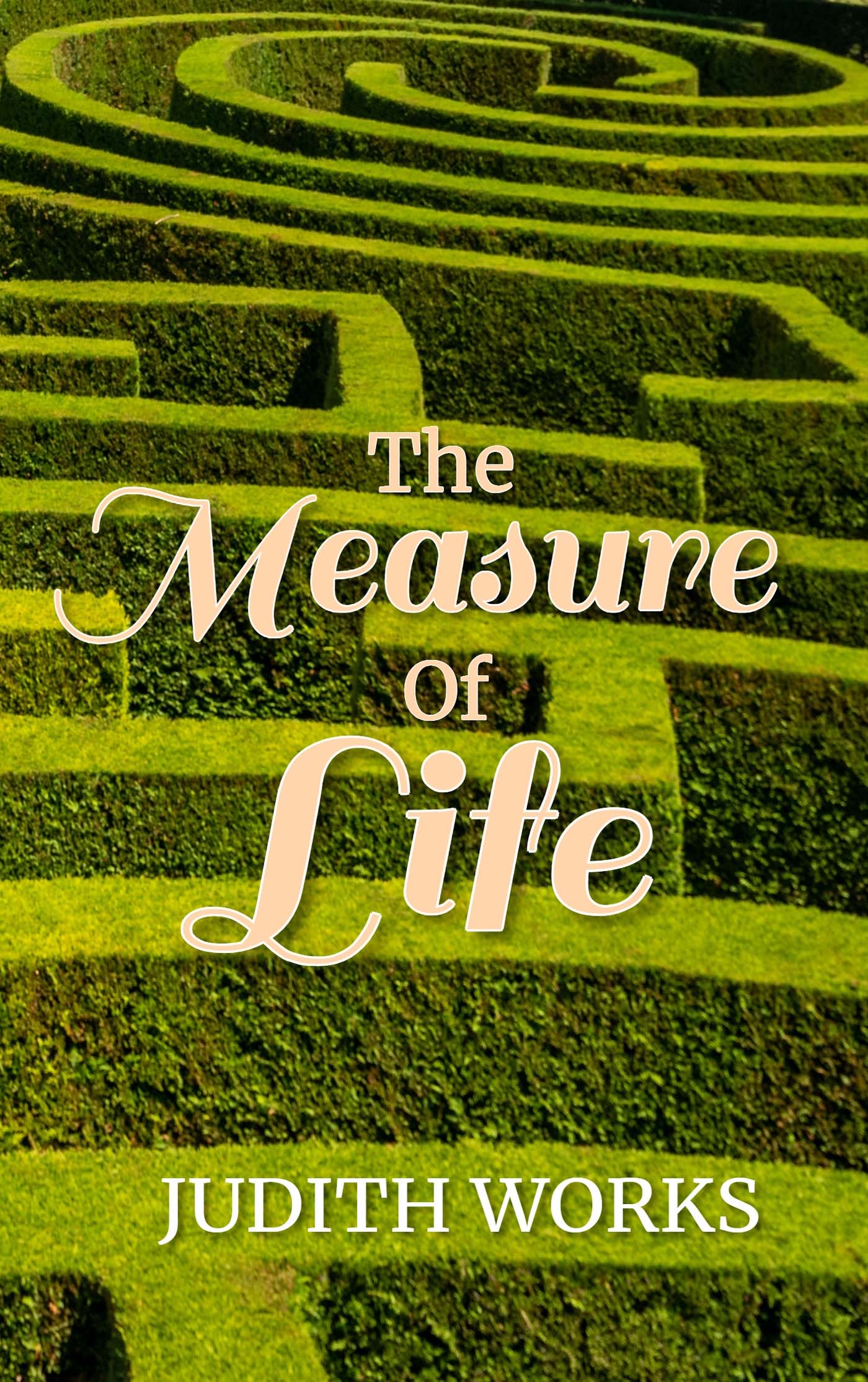
Thanks for joining us on our 14th anniversary scavenger hunt! There are two ways to enter to win and it’s easy to play– first read the blurb below, then answer the question on the first Rafflecopter. You might win a $100 Amazon or Barnes and Noble GC (along with other prizes). Follow and visit authors’ social media pages on the second Rafflecopter and you’re entered to win another $100 Amazon/BN GC (along with other prizes)!
A MAGICAL CHALICE A LEGACY WITH THE DRAGONS, AND A DESTINY FORGED THROUGH THE CENTURIES.
The Cupán of Flúirse Part 1
Forged by the gods, the Cupán of Flúirse is born under the thunder of Taranis, fashioned with symbols of the elements to bring peace and abundance to the clans.In Search of the Cupán of Flúirse Part 2
A journey through the ages, a battle with evil, and a sacrifice for all that was lost.Returning the Cupán of Flúirse Part 3
A prophecy, a final epic battle and a mystery revealed.Celtic Myst is a story of good against evil. A story of great love that sans centuries. And above all, a story of courage.
Facebook | Twitter | Instagram | Pinterest
Buy the book at Amazon.
Scavenger Hunt:
Social Media:
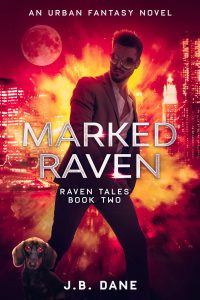
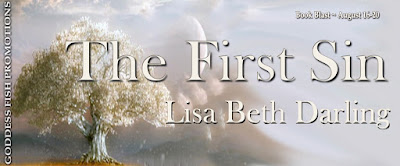
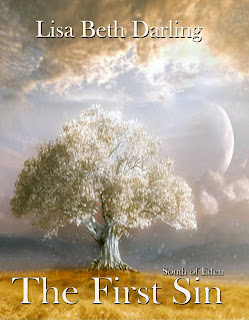




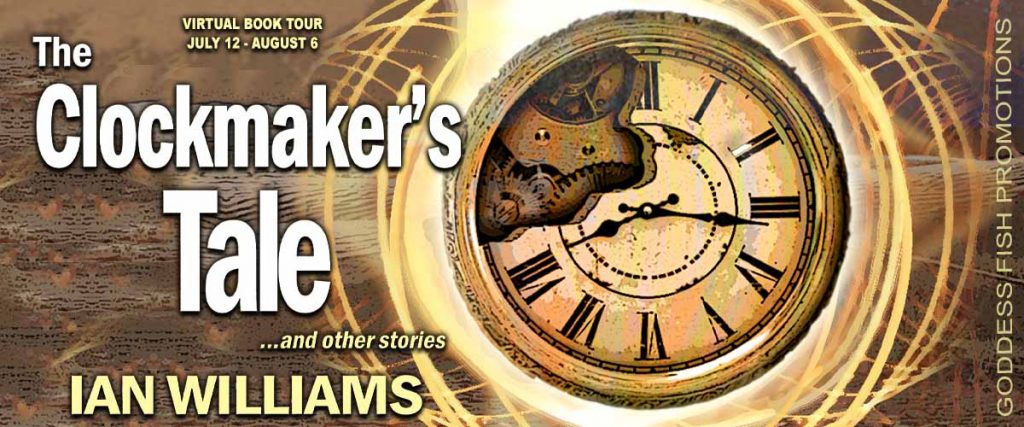
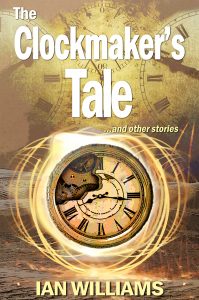 In The Clockmaker’s Tale: and other stories, Ian Williams takes us to the near future and beyond. From a moon base where androids conduct experiments on human test subjects, to futuristic tours of the ocean depths that hide a terrible secret; from a society governed by harsh rule of law that is enforced by AI, to a humble clockmaker tempted by the promise of increased productivity through technological augmentation.
In The Clockmaker’s Tale: and other stories, Ian Williams takes us to the near future and beyond. From a moon base where androids conduct experiments on human test subjects, to futuristic tours of the ocean depths that hide a terrible secret; from a society governed by harsh rule of law that is enforced by AI, to a humble clockmaker tempted by the promise of increased productivity through technological augmentation.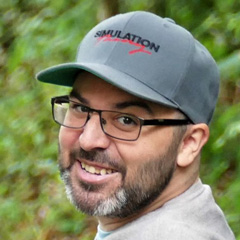 Ian Williams is a Science Fiction writer from the UK. He lives in a small town not far from London. Ian had a short career in the UK Court Service but was forced to quit that job when his medical condition worsened. Now, from the comfort of his wheelchair, he writes the stories he has always wanted to read. His writing spans lightyears of space, to near-future Earths; from small changes to society, to entirely new civilisations.
Ian Williams is a Science Fiction writer from the UK. He lives in a small town not far from London. Ian had a short career in the UK Court Service but was forced to quit that job when his medical condition worsened. Now, from the comfort of his wheelchair, he writes the stories he has always wanted to read. His writing spans lightyears of space, to near-future Earths; from small changes to society, to entirely new civilisations.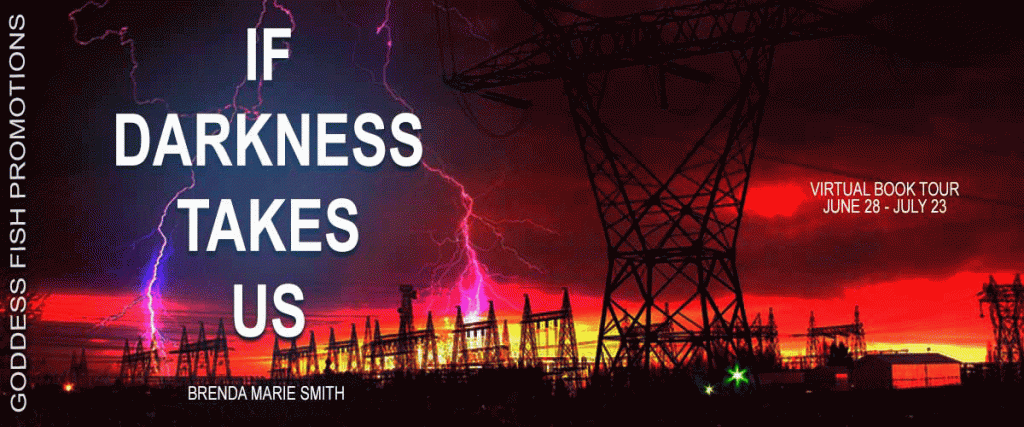
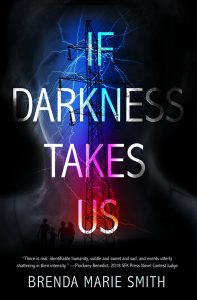 In suburban Austin, Texas, Bea Crenshaw secretly prepares for apocalypse, but when a solar pulse destroys modern life, she’s left alone with four grandkids whose parents don’t return home. She must teach these kids to survive without power, cars, phones, running water, or doctors in a world fraught with increasing danger. And deciding whether or not to share food with her starving neighbors puts her morality to the test.
In suburban Austin, Texas, Bea Crenshaw secretly prepares for apocalypse, but when a solar pulse destroys modern life, she’s left alone with four grandkids whose parents don’t return home. She must teach these kids to survive without power, cars, phones, running water, or doctors in a world fraught with increasing danger. And deciding whether or not to share food with her starving neighbors puts her morality to the test.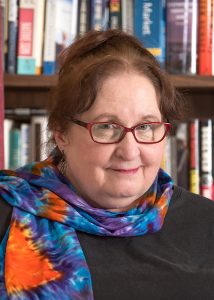
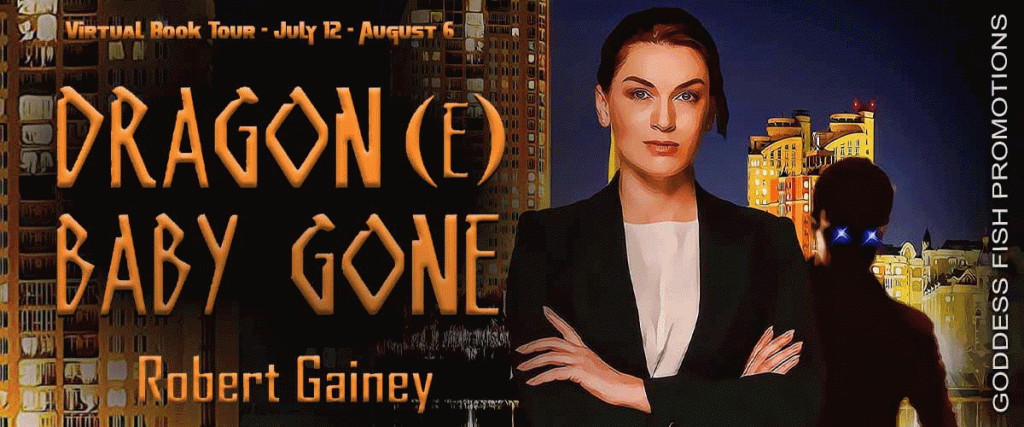
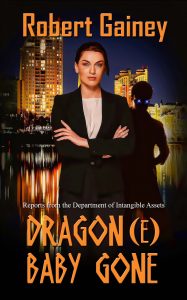 Diane Morris is part of the thin line separating a happy, mundane world from all of the horrors of the anomalous. Her federal agency is underfunded, understaffed, and misunderstood, and she’d rather transfer to the boring safety of Logistics than remain a field agent. When a troupe of international thieves make off with a pair of dragon eggs, Diane has no choice but to ally with a demon against the forces looking to leave her city a smoldering crater. Facing down rogue wizards, fiery elementals, and crazed gunmen, it’s a race against time to get the precious cargo back before the dragon wakes up and unleashes hell.
Diane Morris is part of the thin line separating a happy, mundane world from all of the horrors of the anomalous. Her federal agency is underfunded, understaffed, and misunderstood, and she’d rather transfer to the boring safety of Logistics than remain a field agent. When a troupe of international thieves make off with a pair of dragon eggs, Diane has no choice but to ally with a demon against the forces looking to leave her city a smoldering crater. Facing down rogue wizards, fiery elementals, and crazed gunmen, it’s a race against time to get the precious cargo back before the dragon wakes up and unleashes hell.

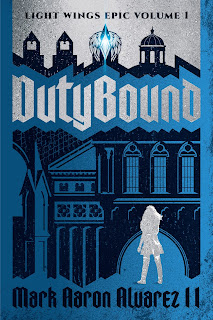
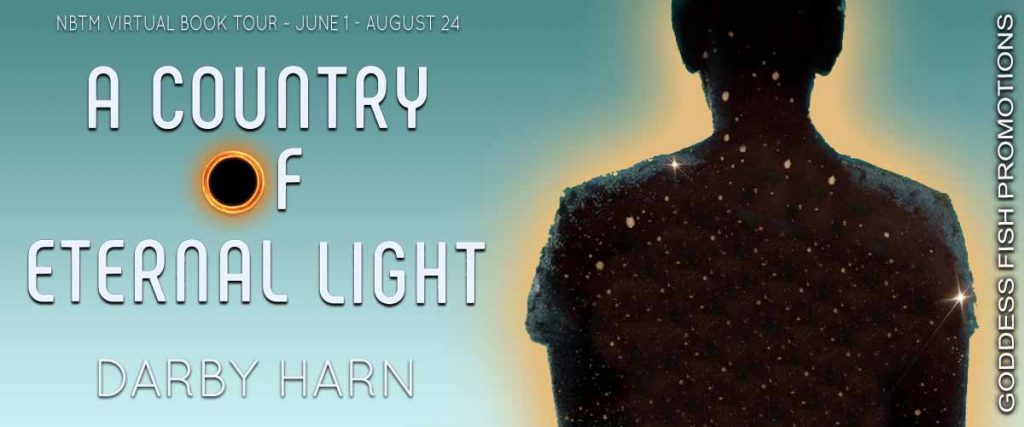
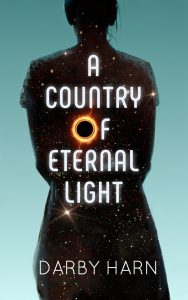 A rogue black hole tears apart the solar system. Mairead’s life is already in pieces.
A rogue black hole tears apart the solar system. Mairead’s life is already in pieces. Darby Harn studied at Trinity College, in Dublin, Ireland, as part of the Irish Writing Program. He is the author of the sci-fi superhero novel EVER THE HERO. His short fiction appears in Strange Horizons, Interzone, Shimmer, The Coffin Bell and other venues.
Darby Harn studied at Trinity College, in Dublin, Ireland, as part of the Irish Writing Program. He is the author of the sci-fi superhero novel EVER THE HERO. His short fiction appears in Strange Horizons, Interzone, Shimmer, The Coffin Bell and other venues.
